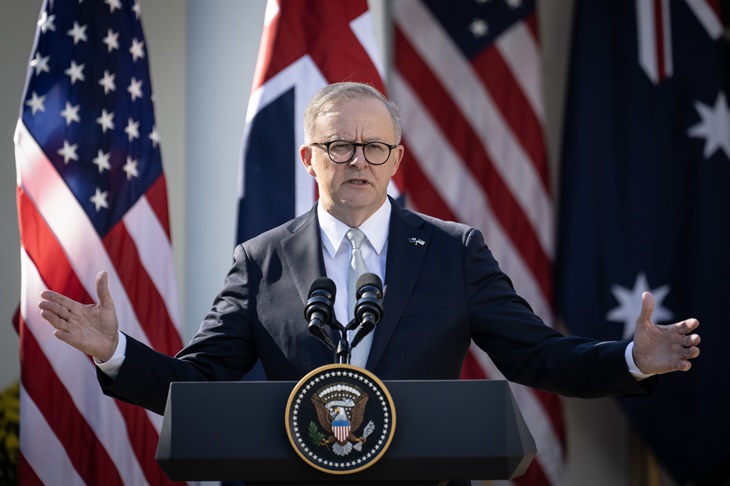The recent passing of Eleanor Rosalynn Carter at age 96 provides a poignant opportunity to reflect on her husband Jimmy Carter’s single-term presidency and consider the similarities with the current situation facing the Albanese government, which is at risk of lasting only one term.
After narrowly defeating Republican incumbent Gerald Ford in the 1976 US election, Democratic Party nominee Jimmy Carter (former naval officer, state senator, businessman and governor) became the 39th US President on January 20, 1977.
His term was characterised by significant domestic and international challenges, including the Iran hostage crisis, the historic Camp David Accords, escalating inflation, and an...
Already a subscriber? Log in
Subscribe for just $2 a week
Try a month of The Spectator Australia absolutely free and without commitment. Not only that but – if you choose to continue – you’ll pay just $2 a week for your first year.
- Unlimited access to spectator.com.au and app
- The weekly edition on the Spectator Australia app
- Spectator podcasts and newsletters
- Full access to spectator.co.uk


























Comments
Don't miss out
Join the conversation with other Spectator Australia readers. Subscribe to leave a comment.
SUBSCRIBEAlready a subscriber? Log in